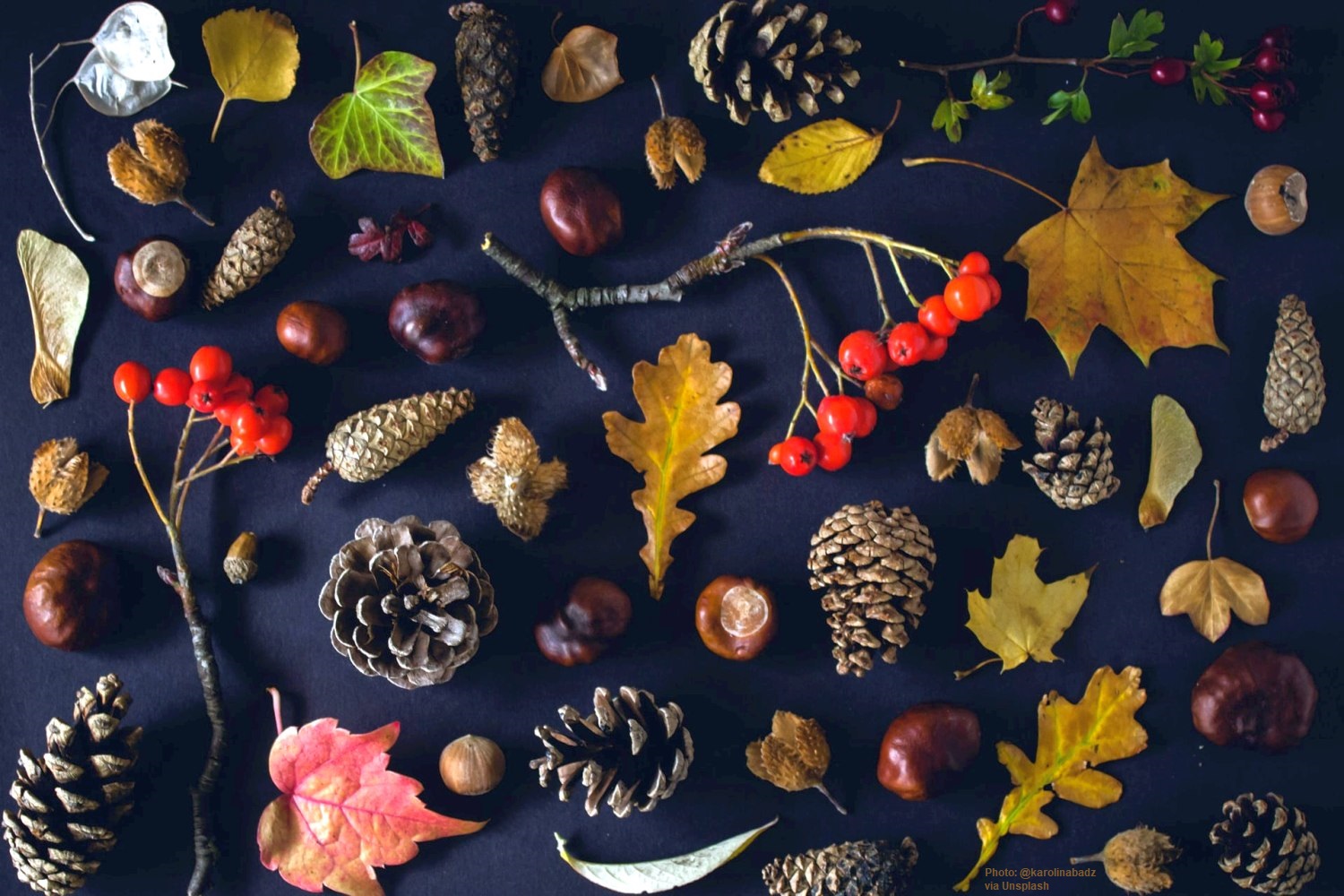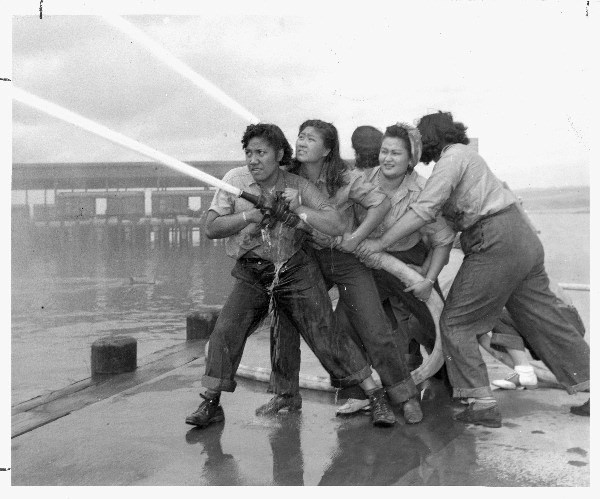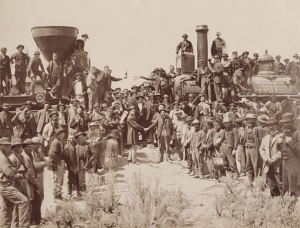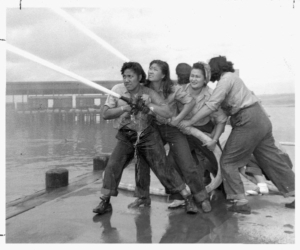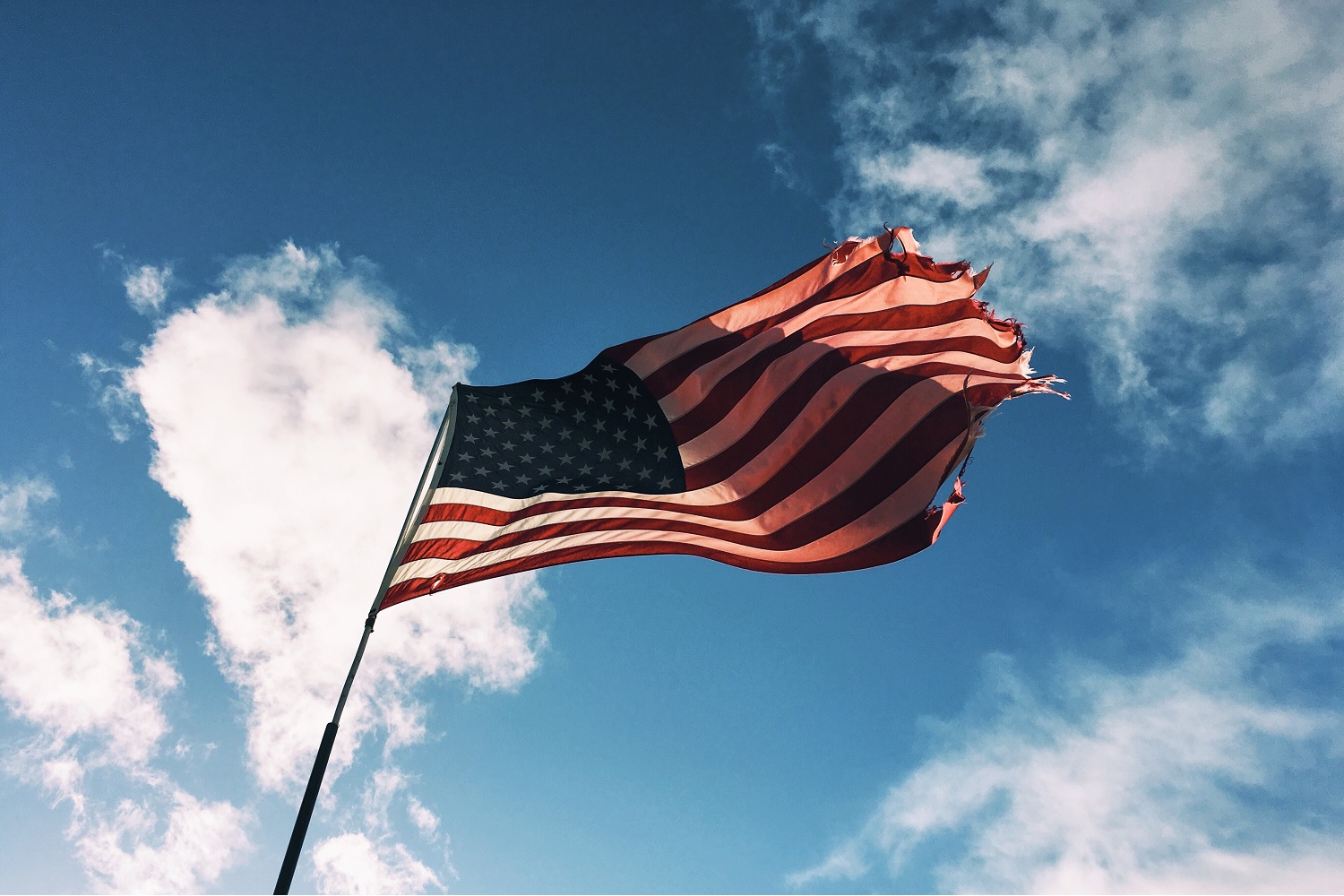Breathing Room: What’s on Your Holiday Menu?
[NB: check the byline, thanks. /~Rayne]
I can tell from my social media feed that many folks are both restless and preoccupied. I’m sure it’s partly because they’re trying to wrap up work before the Thanksgiving holiday, partly because some folks are already traveling, and partly because some folks are already working on holiday preparations.
I’m among the last group. I’m not having turkey at home on Thursday in observance of the day with family; it’s going to be just us empty nesters and whatever large piece of beef or venison is occupying too much room in the freezer.
This will be the first year one of my kids hosts the holiday feast, though. We’ll be celebrating on Saturday because my youngest must work on Thursday but has Saturday off.
I’m reminded of my childhood holidays which were frequently shifted around because my mother was a nurse and always worked at least one holiday. Babies don’t stop arriving, heart attacks still occur, accidents still happen, no matter the day of the year. Health care professionals still show up to serve those who need care regardless of holiday observations. Thanks to all of you in health care and other first responders who will be on the job tomorrow.
Some manufacturing industries also have no time off; they run 7/24/365 and somebody needs to be on the job to keep production running, to keep systems in a stable safe mode. Chemical and pharmaceutical plants are just a couple examples; they often can’t shut down production altogether, or they can reduce operations but still must keep machines in a steady state because it’s more challenging to bring a system back up from a down state. This may be in part because of profitability, but it’s often about safety. Thanks to all the folks who will continue to work through Thursday for these industries.
Ditto for the shipping industry – ships don’t stop dead in the ocean, trains don’t stop on the tracks, trucks may pause at rest stops but they still keep their schedules. Again, profitability may drive some of this, but safety and security are also reasons why shipping continues. Thanks to all who will continue to work tomorrow to keep things running smoothly on Friday and beyond.
So while my youngest works tomorrow in one of these can’t-stop industries, I’ll be working on cooking and baking foods for the delayed feast on Saturday.
~ ~ ~
This year I’ll be spatchcocking a fresh turkey. This has caused no small amount of amusement in the family group chat. But spatchcocking – or butterflying, if you want to avoid the time suck the other word may set in motion in your conversations with friends and family – is the fastest way I know to roast a whole turkey.
It’s also a good approach if you discover the frozen bird you bought hasn’t yet fully thawed, but you’re going to have to do some surgery with a mallet and cleaver rather than kitchen shears and a knife. Ask me how I know this…
My eldest who is hosting the feast on Saturday will be occupied until noon; this is the primary constraint dictating spatchcocking the bird. We can’t get the bird in the oven before 12:30 p.m. and their older half-brother will be bringing little ones who need to eat earlier than later. Which means I have about 2-3 hours to cook a 13-pound bird.
I’m going to remove the bird’s backbone on Friday evening along with the breast bone and cartilage, then brine it overnight. I’ll just leave it in the brine bucket while we travel, then slap it on parchment in the bottom of a broiler pan while the oven preheats after noon Saturday.
For spatchcocking see: https://www.seriouseats.com/butterfiled-roast-turkey-with-gravy-recipe
For my favorite brine see: https://www.foodnetwork.com/recipes/alton-brown/good-eats-roast-turkey-recipe-1950271 (I skip the allspice berries and candied ginger, add halved garlic cloves and a sliced thumb of fresh ginger instead.)
The host is fixing mashed potatoes and green beans along with a cherry pie. My youngest has been assigned pumpkin pie duty because it’s both their favorite and their most frequently made dessert.
For Impossible Pumpkin Pie see: https://www.bettycrocker.com/recipes/impossibly-easy-pumpkin-pie/ (Super easy because crustless!)
I’ll handle squash rolls, sweet potatoes, homemade cranberry sauce, and a crudites platter. Nothing super fancy, relatively safe territory since there will be children present.
There’s a couple bottles of homemade hard cider my youngest made and left in my wine cellar; I’ll probably take those along with a Riesling and a moscato to enjoy with the turkey and dessert.
What are you preparing for this Thanksgiving holiday? If you’re not cooking, what are you expecting to eat?
~ ~ ~
In all the preparation for the holiday, let’s not forget that tomorrow’s holiday arose from colonists celebrating survival of their first year in the new world. They arrived on already-occupied lands, contributing to the eventual dispossession, deaths, and erasure of indigenous peoples, their nations and cultures.
Descendants of colonists continue to erase indigenous peoples with book bans and suppression of culture, preventing education about Native Americans as part of this country’s history.
It should be no surprise that Thanksgiving Day is marked at Plymouth Rock as a day of mourning by the heirs of dispossession and erasure.
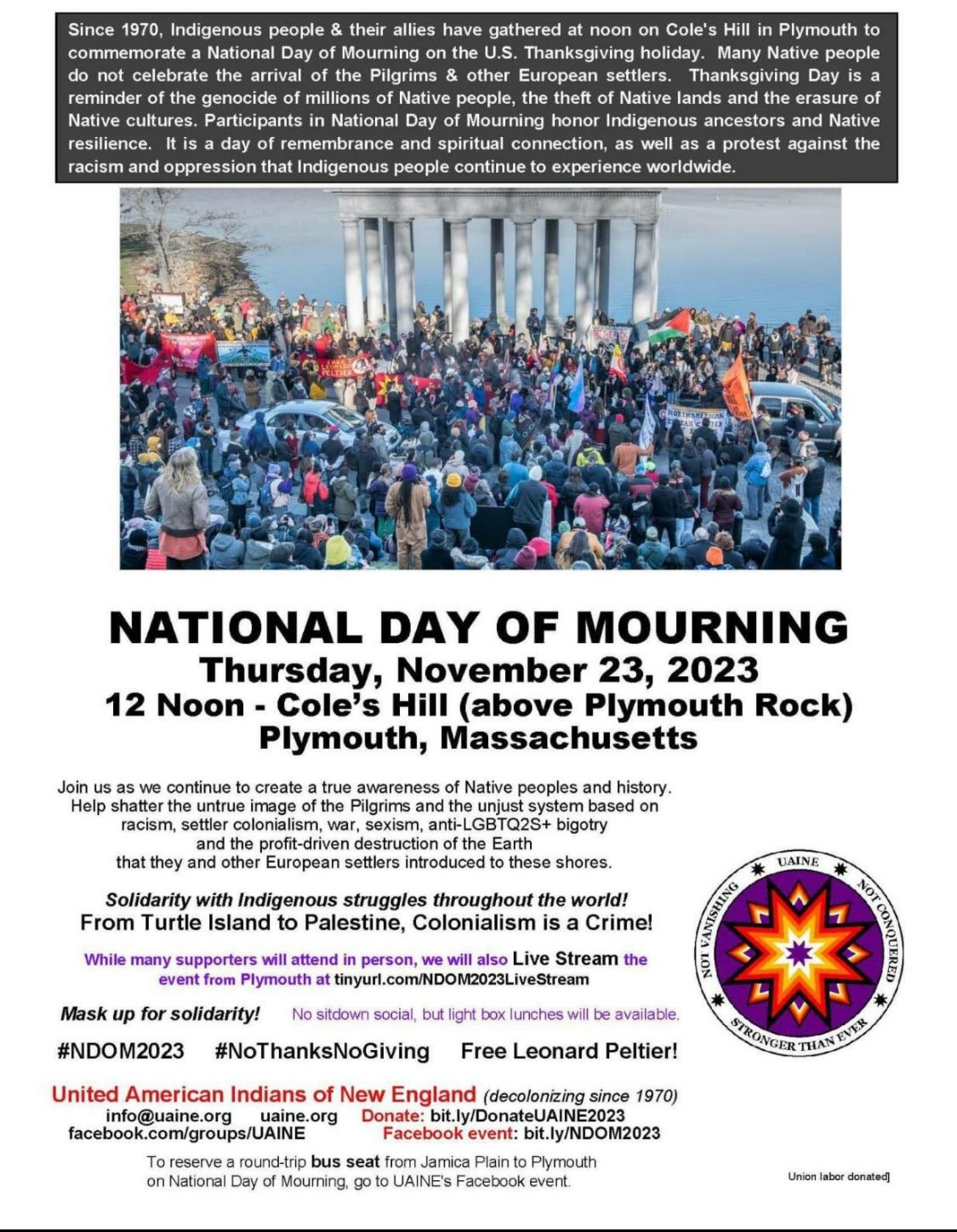
For some of us this is intensely personal and not merely an interesting factoid one can drive by, even for those of us who walk in both indigenous and colonialist worlds.
On whose lands will you be celebrating your colonial holiday?
You can identify those tribes on this interactive map at: https://native-land.ca
I, a descendant of Kānaka Maoli of the Nā moku ʻehā territory, will be observing the holiday with family on the ancestral homelands of the Council of the Three Fires — the Ojibwe (or Chippewa), Ottawa (or Odawa), and Potawatomi tribes.
If you want a little light decolonizing, it’s worth rewatching Amber Ruffin’s How Did We Get Here from last November which tackled erasure of Native Americans: https://www.youtube.com/watch?v=K4BkHmUHR1k
~ ~ ~
This is an open thread.

